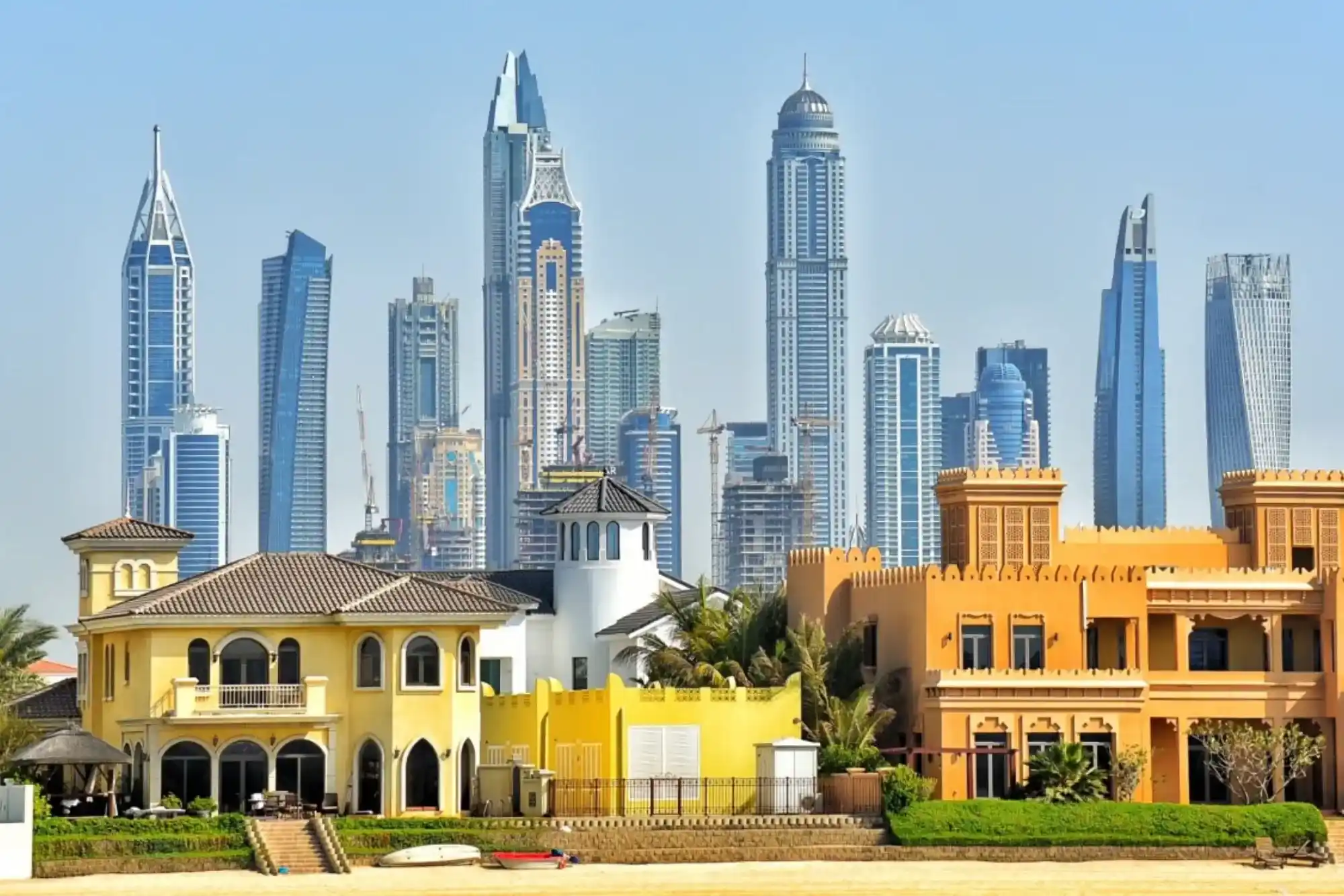Dubai, a bustling metropolis known for its stunning skyscrapers, luxurious lifestyle, and a melting pot of cultures, is a popular destination for expats and tourists alike. Renting property in Dubai can be a straightforward process if you know the ins and outs. This guide is designed to help you navigate the rental market in Dubai, ensuring a smooth and successful experience.
- Understanding the Rental Market in Dubai
Before embarking on your rental journey, it’s essential to understand Dubai’s rental market, including the growing sector of short-term rentals in Dubai. The city offers a wide range of properties, from high-rise apartments to sprawling villas, catering to both long-term residents and short-term visitors. The market can fluctuate, with rent prices varying based on location, property type, and market conditions, including the dynamics of short-term rental demand. Stay updated with the latest trends and price ranges to make an informed decision.
- Choosing the Right Location
Dubai is divided into various neighbourhoods, each offering a unique living experience. Consider factors such as proximity to work, schools, public transportation, and lifestyle preferences. Popular areas like Dubai Marina, Downtown Dubai, and Jumeirah Beach Residence are sought after for their vibrant atmosphere and amenities.
- Setting a Realistic Budget
Your budget is a critical factor in the rental process. Apart from the rent, consider additional costs such as utility bills, maintenance fees, and possible agency fees. Dubai’s rental market offers various options to fit different budgets, but it’s important to have a clear financial plan.
- Finding the Right Property
Start your search online on reputable property portals, or consider hiring a real estate agent. Agents can provide valuable insights and assist with the nuances of the rental process in Dubai. When selecting a property, consider its condition, amenities, and any rules or regulations set by the landlord or building management.
- Understanding Rental Contracts
Rental contracts in Dubai are legally binding documents. They typically include terms such as the duration of the lease, rent amount, payment schedule, and any other conditions agreed upon. Ensure you read and understand the contract thoroughly before signing. It’s advisable to seek legal advice if you are unclear about any terms.
- The Role of the Dubai Land Department and Ejari Registration
All rental contracts in Dubai must be registered with Ejari, a system initiated by the Dubai Land Department. This registration is a mandatory process that legalises the rental agreement and ensures the rights of both the landlord and the tenant are protected.
- Security Deposits and Payments
Be prepared to pay a security deposit, usually equivalent to one month’s rent, which is refundable at the end of the tenancy, subject to the condition of the property. Rent is typically paid in multiple cheques annually, ranging from one to four cheques, depending on the agreement with the landlord.
- Negotiating Rent and Terms
Negotiation is a common part of the rental process in Dubai. Don’t hesitate to negotiate the rent, number of cheques, or other terms in the contract. Landlords are often open to negotiation, especially if you can commit to a longer lease term or provide rental payments with fewer cheques.
- Inspection and Snagging
Before moving in, conduct a thorough inspection of the property. Check for any existing damages and ensure all appliances and facilities are in working order. Document any findings and discuss them with the landlord to avoid disputes when you vacate the property.
- Understanding Your Rights and Responsibilities
As a tenant, you have certain rights, such as the right to privacy and a properly maintained property. You also have responsibilities, such as paying rent on time and maintaining the property. Familiarise yourself with the tenancy laws in Dubai to understand your legal standing.
- Renewals and Rent Increases
Be aware of the regulations regarding tenancy renewals and rent increases. Dubai’s Rental Increase Calculator, provided by the RERA, can help you determine if and by how much your rent can be increased upon renewal.
- Handling Disputes
In case of disputes with your landlord, RERA provides a dispute resolution service. It’s advisable to settle disputes amicably, but if that’s not possible, you can approach the Rental Disputes Centre for a resolution.
Renting in Dubai can be a rewarding experience if you approach it like a pro. By understanding the market, setting a realistic budget, choosing the right location, and being aware of your rights and responsibilities, you can find a rental property that suits your needs and lifestyle. Remember, preparation and knowledge are key to a successful rental experience in Dubai.
eminentlever.com uptocrease.com duckyinfo.com breezynote.com azhill.com

